Scottish sport is very much a game of two halves.
On the positive side, there’s the exhilaration provided by watching our national football and rugby teams record occasional thrilling victories, allied to individuals such as Josh Kerr, Eilish McColgan and Laura Muir in athletics and Bruce Mouat and Eve Muirhead in curling demonstrate their excellence on the international stage.
But there’s also the darker aspect of sexist and misogynistic remarks flung at those who play or report on football and other pursuits in Scotland.
Cricket finds itself in dire straits
Nor are these attitudes confined to football. Last week, a new report, commissioned by Cricket Scotland, revealed that women involved in the summer game are often confronted by a “toxic” environment where “antiquated” views prevail.
The latest assessment, undertaken by independent firm McKinney HR, cited plenty of anonymous examples of prejudice and discrimination towards both staff and players.
Trudy Lindblade, the governing body’s chief executive, described the findings as a “damning indictment” and compared the task of reversing the problems to reversing an oil tanker, but pledged to make the sport “welcoming and safe for all women and girls”.
In some respects, matters have improved since the 1990s and early 2000s when many rugby and football dinners were stag nights with speakers granted a licence to tell the most appalling sexist, racist and homophobic “jokes”.
And, whereas Muirhead was accorded proper respect after winning gold at the most recent Winter Olympics, her predecessor Rhona Martin and her colleagues, who achieved the same feat in Salt Lake City in 2002, were subsequently offered opportunities to advertise cleaning equipment products because, let’s face it, what woman wouldn’t want to be associated with a brush to sort out the mess in the kitchen?
Progress made often disappears
Yet it’s less than two years since the Scottish Football Writers Association was forced to apologise after several guests walked out during a speech at their annual awards dinner.
BBC and Sky presenter Eilidh Barbour was among those who left the gala dinner in Glasgow in protest and later said she had “never felt so unwelcome in the industry.”
And that was before the keyboard warriors on social media ploughed into the furore with a slew of other chauvinistic comments and dismissed the spat as another “woke” response to what was just “harmless banter”.
Our joint statement with @kickitout on events at the Scottish Football Writers' Awards last night ⬇️ pic.twitter.com/7dgRhZj3JD
— Women in Football (@WomeninFootball) May 9, 2022
But, then again, many people in sport still harbour opinions which belong in the days when it was considered perfectly acceptable to indulge in sexist and racist “humour”.
And, if there has been progress made, it often disappears once alcohol starts flowing and boundaries are pushed back on what would be considered reasonable behaviour.
In football circles, the advances made on the pitch are undeniable, with the size of the crowds at major matches in Scotland and England offering a reflection of the dramatic transformation and professionalisation in standards from so many players.
Rugby is going the same way
That pattern has been repeated in rugby where women who love rucks, mauls and scrums are now taken seriously in a fashion which simply didn’t happen 30 years ago.
And yet, despite their staggering success in the last decade, there was still something sadly predictable about the news in 2022 that England’s RFU was sending their women’s squad to the World Cup in New Zealand in economy class.
The men, of course, flew first class. So, once again, it was double standards at play.
Cricket in Scotland doesn’t gain anything like the same profile of other pastimes, even though the game’s history north of the border pre-dates both football and rugby.
And its image has taken a severe battering in the aftermath of Covid. Having already been accused of being “institutionally racist” by a report in 2022.
But what is the state of Scottish sport in 2024? Dr Sue Strachan, a former Aberdeen University graduate who met her husband in the Granite City, was the first-ever female president of Cricket Scotland in its long history. And she didn’t hold back.
Sue Strachan’s view on sexism in sport
She said: “Sport in Scotland and elsewhere is still a man’s world. We are making progress, but it is very slow. Sport was set up by men for men in the past and is often run by volunteers and generally with little financial resource.
“Male players and teams still generally have better pay, access to better facilities to train and play and better support such as physiotherapy sports medicine and sports psychology. They tend to have better paid full or part-time contracts whereas their female counterparts often have to train while trying to hold down a job.
“This limits the potential of Scottish female athletes and makes it hard to progress on the world stage against others with professional teams. Seeing rugby and football gradually changing this gives us hope, but it’s harder for smaller sports.
“To change a system that has been ‘working’ for many years requires diversity of thought and application of processes and procedures to ensure those changes enhance the sport for those currently involved whilst opening it up to others. Those changes; modernising, educating and diversifying require human and financial resource.”
What does Maree Todd say?
Sports Minister Maree Todd said: “There is absolutely no place for discrimination of any kind in sport, whether it takes the form of sexism, racism or homophobia. We want to ensure everyone benefits from being active and taking part in sport.
“Equality is at the heart of the Scottish Government’s vision of a fairer Scotland, and it is essential that sports ensure they are truly inclusive.
“It is our priority to tackle inequalities at all levels and there is a lot of positive work going on to improve this, such as the Scottish Government’s funding of the Young Women in Sports Leadership programme and Sportscotland’s Fit For Girls programme.”
Surely, though, the onus is more on men than women to create a level playing field?
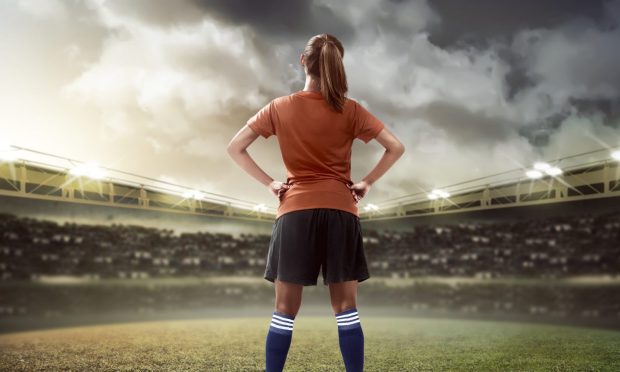
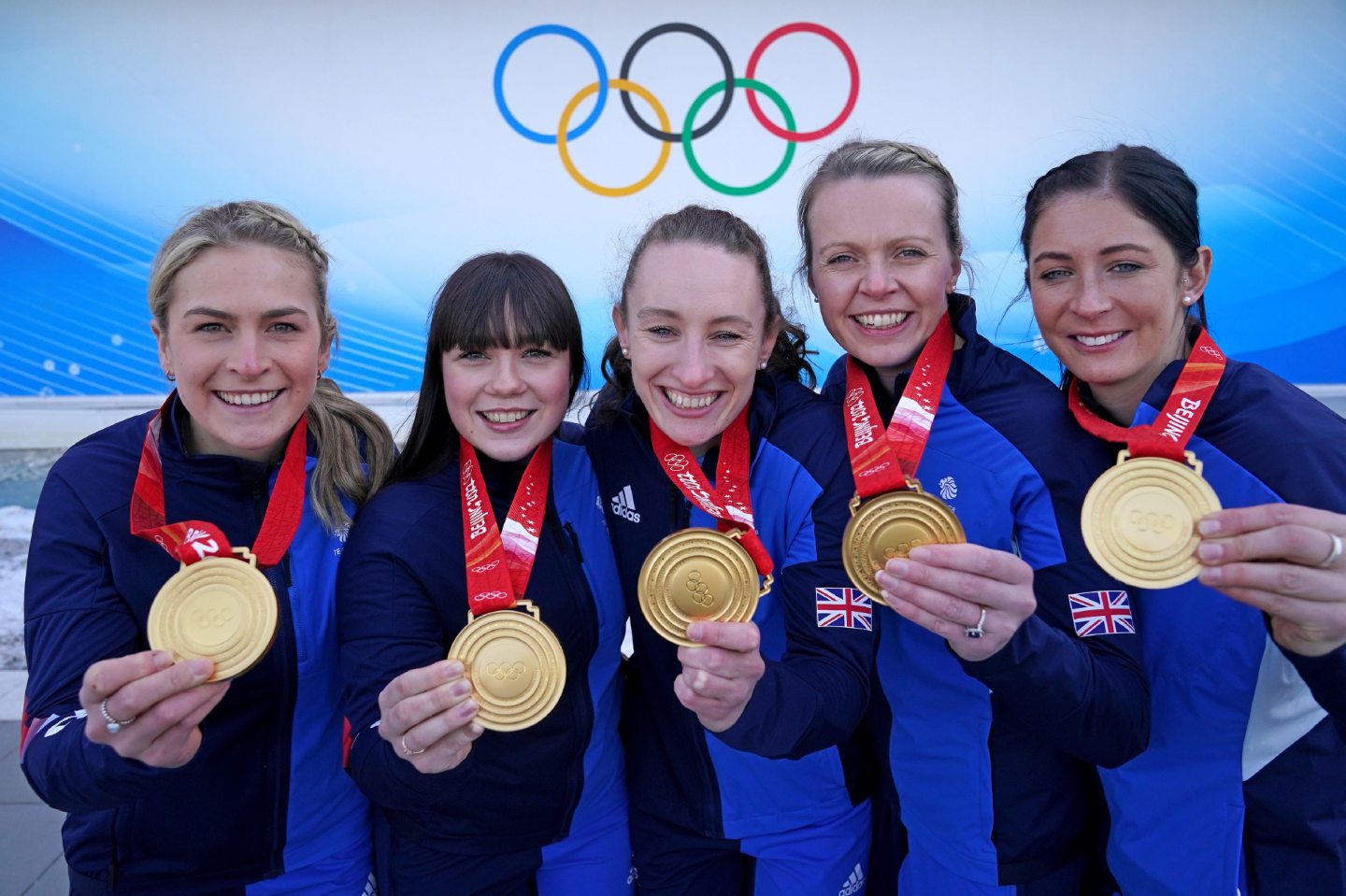


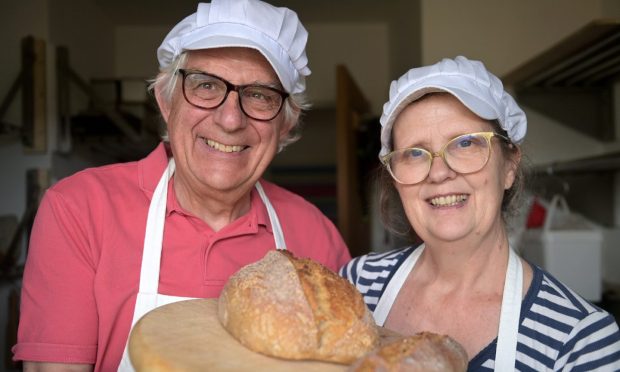
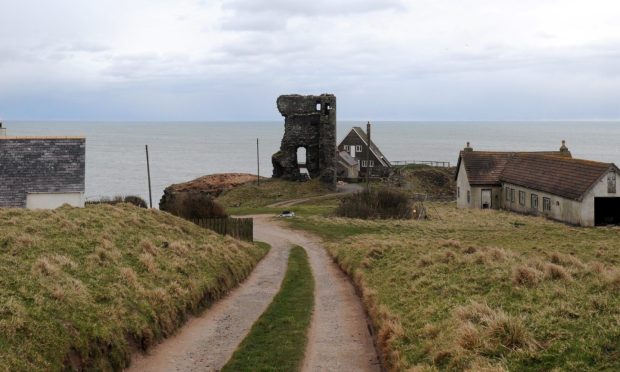


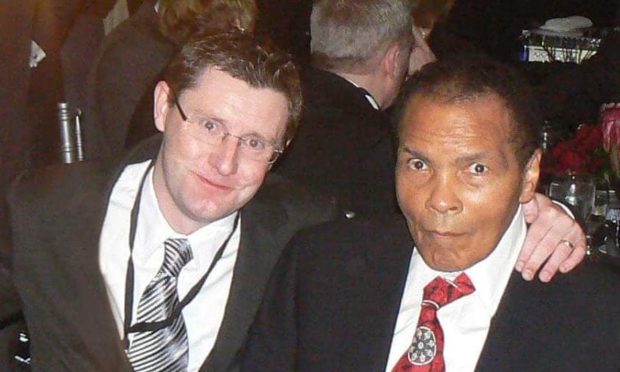
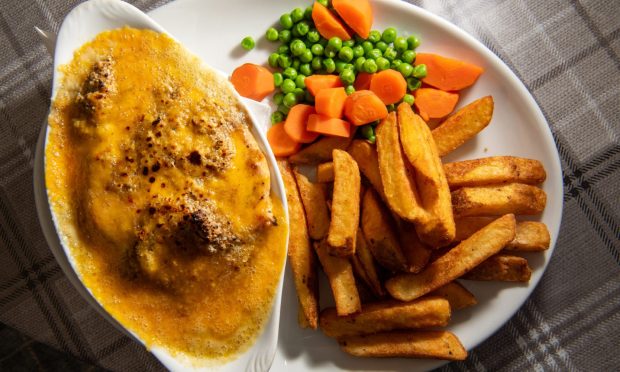
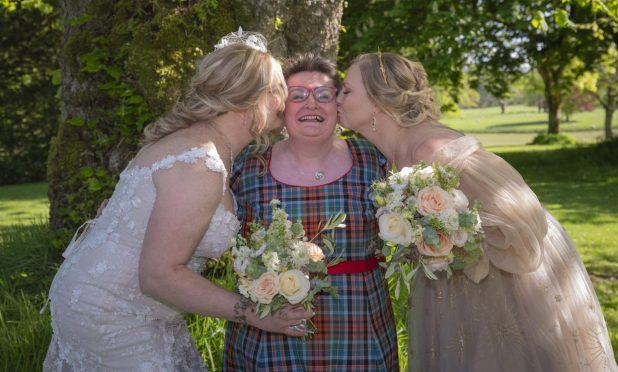

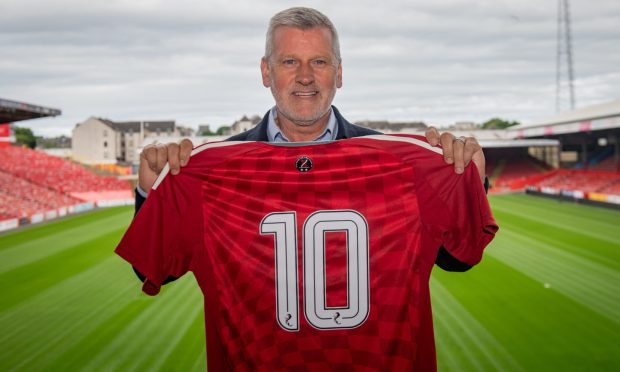

Conversation